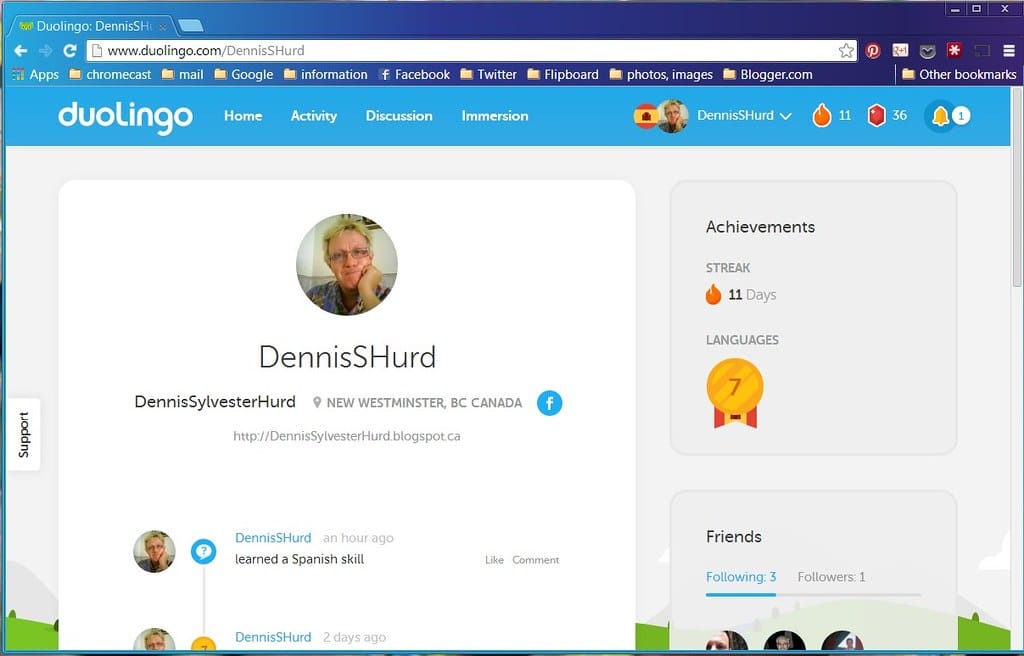Duolingo's AI Gamble Pays Off Despite User Revolt
The language learning giant doubled down on artificial intelligence while critics screamed—and emerged stronger than ever
When Duolingo announced its "AI-first" strategy in early 2024, the internet erupted. Language learning enthusiasts flooded social media with complaints about reduced human interaction, concerns over AI-generated content quality, and fears that the beloved owl mascot was trading educational integrity for technological flash. Reddit forums buzzed with migration plans to competing platforms, while longtime users threatened to cancel their subscriptions.
Six months later, the dust has settled—and Duolingo is laughing all the way to the bank.
The Controversy That Captivated Language Learners
The backlash began when Duolingo unveiled its comprehensive AI integration plan, featuring AI-powered conversation practice, personalized lesson generation, and automated progress tracking. Critics argued that artificial intelligence couldn't replace human nuance in language instruction, particularly for cultural context and pronunciation subtleties.
"They're turning language learning into a soulless algorithm," wrote one popular language learning YouTuber, echoing sentiments shared across Twitter, TikTok, and Reddit. Competing apps like Babbel and Rosetta Stone quickly capitalized on the controversy, launching marketing campaigns that emphasized their "human-centered" approaches.
The most vocal complaints centered around three key areas:
- Loss of human instructors in premium features previously taught by native speakers
- AI-generated content concerns about accuracy and cultural appropriateness
- Privacy worries regarding AI systems analyzing speech patterns and learning behaviors
Numbers Don't Lie: AI Strategy Drives Growth
Despite the vocal opposition, Duolingo's financial performance tells a dramatically different story. The company's Q3 2024 earnings revealed a 42% year-over-year increase in monthly active users, reaching 74.1 million globally. More importantly, paid subscriber growth accelerated to 59% year-over-year, suggesting that users weren't just staying—they were upgrading.
CEO Luis von Ahn addressed the apparent disconnect during the earnings call: "The loudest voices aren't always representative of our entire user base. Our data shows that AI-powered features significantly improve learning outcomes and user engagement."
The numbers support his assertion. Internal metrics released by Duolingo show:
- 35% improvement in lesson completion rates since AI implementation
- 28% increase in daily active users during the controversial transition period
- Average session time increased by 12 minutes per user
- Retention rates improved across all user segments, including free users
The Silent Majority Speaks Through Usage
While critics dominated headlines and social media discussions, the broader user base quietly embraced the AI enhancements. The platform's AI conversation feature, initially derided as "robotic and unnatural," now processes over 2.1 million conversations daily—more than triple the volume of its predecessor human-led conversation sessions.
Dr. Sarah Chen, a digital education researcher at Stanford, explains the phenomenon: "Online backlash often represents the most engaged, vocal minority rather than typical user sentiment. The majority of language learners prioritize convenience, personalization, and immediate feedback—exactly what AI delivers."
Why the Controversy Faded
Several factors contributed to the backlash's quick dissolution:
Improved Performance Metrics
Users began noticing tangible improvements in their learning progress, with many reporting faster vocabulary retention and more engaging lesson structures.
Gradual Implementation
Duolingo rolled out AI features incrementally rather than replacing all human elements overnight, allowing users to adapt while maintaining familiar core functionality.
Competitive Pressure
Rival platforms struggled to match Duolingo's AI-powered personalization, making their "human-centered" alternatives feel increasingly outdated.
Lessons for the Tech Industry
Duolingo's successful navigation of AI controversy offers valuable insights for other companies facing similar transitions. The key appears to be focusing on measurable user outcomes rather than responding to every criticism.
"Sometimes you have to make decisions that upset vocal minorities to serve your broader user base better," notes technology analyst Michael Rodriguez. "Duolingo stayed committed to their vision and let results speak for themselves."
The company's approach demonstrates that in the age of AI adoption, user behavior often diverges significantly from user rhetoric. While people may express skepticism about artificial intelligence, they consistently choose platforms that deliver superior experiences—regardless of the underlying technology.
As 2024 draws to a close, Duolingo's AI-first strategy stands as a testament to data-driven decision-making over social media sentiment. The lesson is clear: when it comes to technology adoption, watch what users do, not just what they say.

